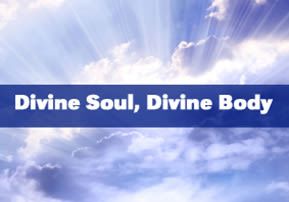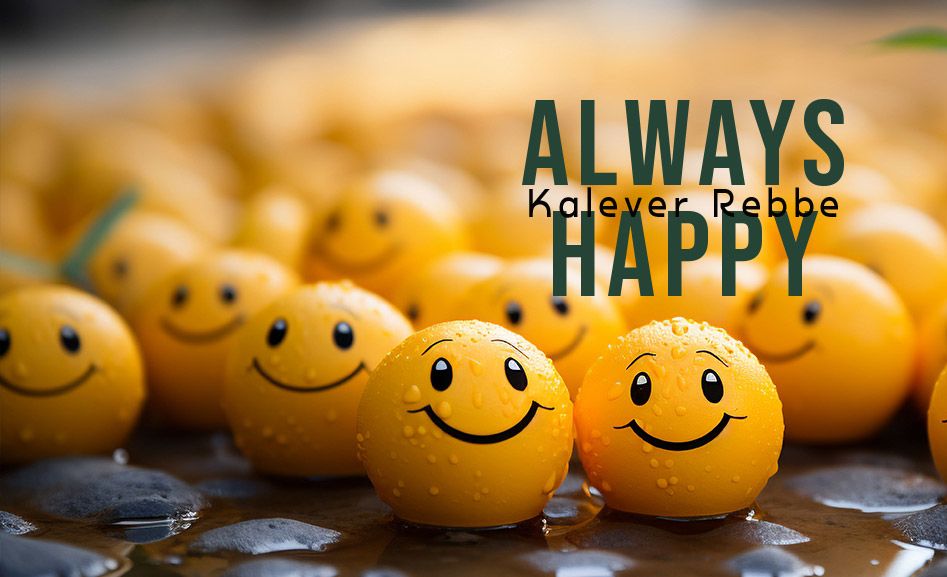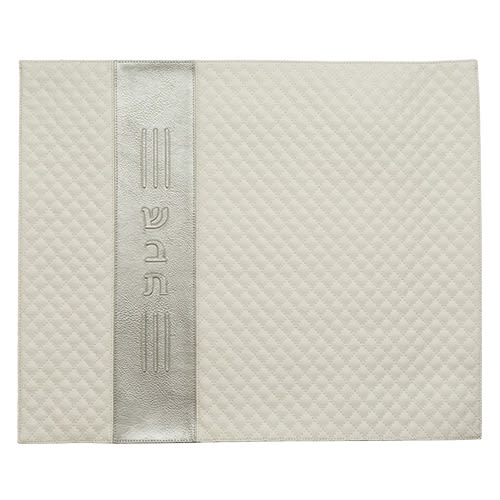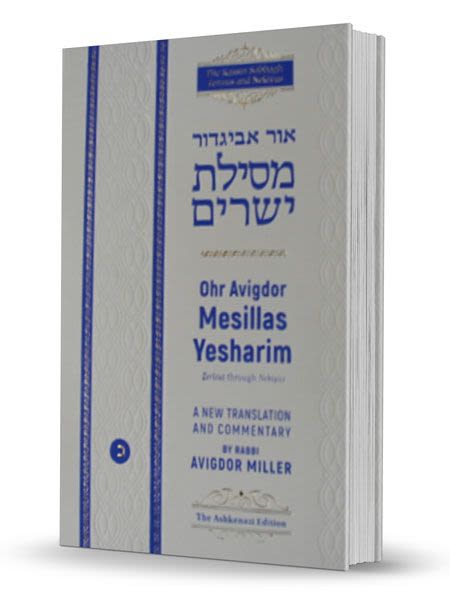
Divine Soul, Divine Body
It’s almost obvious and yet we are bludgeoned into believing that the soul doesn’t exist, that there is just a body. So how can we derive evidence of a soul?

How do I know I have a soul? Why do I only experience my body?
The first time we read about the soul and the body in the Torah is in Bereishit/Genesis, at the very beginning of Creation. The Torah relates that Hashem created Man’s body first from the lifeless dust of the earth and only after did He blow into the nostrils of Man “nishmat chaim”, the “soul of life”. The word we tend to use for soul in its most generic form is neshama, which shares a root from the Hebrew word neshima for breath. In other words, Hashem breathed an aspect of His essence into the body which He created, and this is what gives life. The mystical sources speak about lights and vessels [orot v’ keilim] and here we see in Man an example of this. The soul is a light and the body is the vessel that houses it.
We see this clearly in the vitality of a living human being, indeed any living creature. It’s almost obvious and yet  we are bludgeoned into believing that the soul doesn’t exist, that there is just a body. So how can we derive evidence of a soul? One way is to meditate on how I relate to the world around me. As you read this, ask yourself, is it me reading the essay, or my eyes? Surely, I would say, I am reading this. The same with hearing, it’s the “I” that hears, not the ears. In other words, I have a unique internal essence, which interacts with the world around me through the parts of the body. I don’t say, my eyes are looking at your eyes [well, not unless there’s something wrong with you], I say, “I” see you. In fact, the word “I” in Hebrew is Ani, and this too is one of Hashem’s names. And if you would say, well it’s the brain that tells the body what to do, the brain is also an organ of the body, where the highest aspect of the soul operates – when I instruct my brain to send a message to the rest of the body, the thought/desire comes from a higher, non-physical place.
we are bludgeoned into believing that the soul doesn’t exist, that there is just a body. So how can we derive evidence of a soul? One way is to meditate on how I relate to the world around me. As you read this, ask yourself, is it me reading the essay, or my eyes? Surely, I would say, I am reading this. The same with hearing, it’s the “I” that hears, not the ears. In other words, I have a unique internal essence, which interacts with the world around me through the parts of the body. I don’t say, my eyes are looking at your eyes [well, not unless there’s something wrong with you], I say, “I” see you. In fact, the word “I” in Hebrew is Ani, and this too is one of Hashem’s names. And if you would say, well it’s the brain that tells the body what to do, the brain is also an organ of the body, where the highest aspect of the soul operates – when I instruct my brain to send a message to the rest of the body, the thought/desire comes from a higher, non-physical place.
By contrast, as soon as a person dies, that divine light disappears and only then does the body decompose. [People working in the medical profession have noted this phenomenon – I heard a nurse say once that she was always struck at how when a patient died it just seemed that their personality suddenly went somewhere else – and of course it has,]
Our Torah sources tell us also that there are five levels to the soul in ascending order:
Nefesh, which relates to the liver, is the source of physical vitality [blood] for the body. It is the lowest part of the soul of Man and is most closely connected to the body itself. This is the part of the soul which we experience the most, as it relates to the physical drives, eg the desire for food, procreation, etc. and we share this in common with animals.
Ruach, which relates the heart, is the source of the emotions. Ruach in Hebrew means wind, which is in keeping with the nature of emotions, which change moment by moment, as does the wind. It is by definition less physical than the nefesh and relates to speech because speech connects thought [neshama] to action [nefesh]
Neshama, which relates to the mind, is the source of intellect. It is the least physical level of the soul and is the closest connection we have to the divine in this world. It hovers around the head and makes intermittent contact with it.
Chaya and Yechida relate to the two highest aspects of the soul which have no contact with the body at the present time and are the closest to the Creator.
So where does the lowly body fit into all this? The Ramchal [Rabbi Moshe Chaim Luzzato] in Derech Hashem [The Way of G-d] writes that Hashem created Man with both a soul and a body, which are opposite in nature, as we said earlier. Each one gravitates towards its own nature, the body to the material/physicality and the soul to the spiritual, and this creates a tension between the two, a battle fought in the area of morality, between good and evil, the result of which is reward or punishment. When the soul prevails, it not only elevates itself but the body as well, and the individual gains his reward and perfection. If the body prevails, the opposite occurs and body is lowered together with the soul which becomes soiled. This battle rages throughout man’s life in this lower world but is temporary, just as evil is temporary. Although the soul separates from the body at death, this is also temporary because the purpose of the soul is to perfect the body at a future stage, when the soul and body will become inseparable as was the case at the beginning of creation.
Our sages say that every good movement towards godliness in this generation reaps the most unimaginable reward, because of the spiritual poverty our souls were born into at this stage of Jewish history. So take heart, every neshama has an important part to play, that only that neshama can do. No two human beings are the same – there will never be another you. You are a one of a kind and your deeds count!











Tell us what you think!
Thank you for your comment!
It will be published after approval by the Editor.